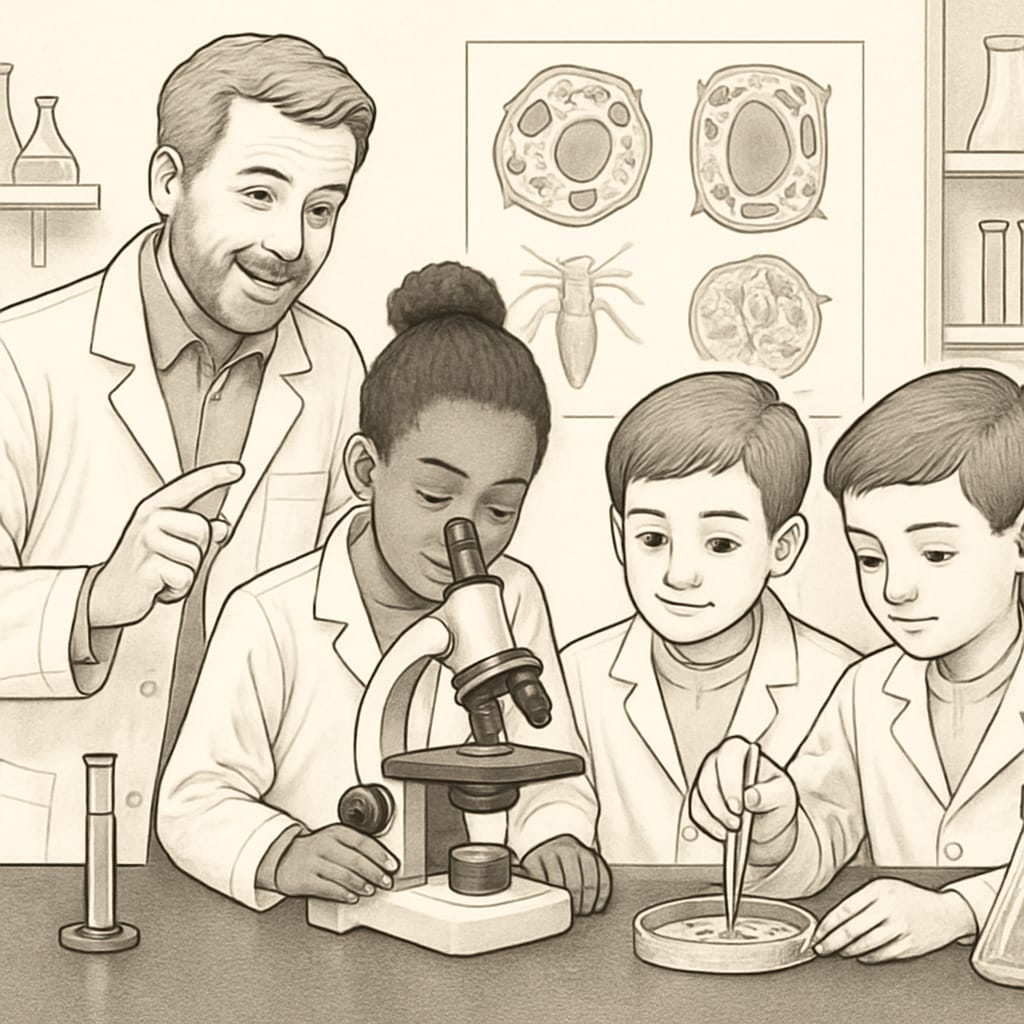Shifting from a biology background to pursuing an education master’s degree is an exciting yet challenging academic transition. For students passionate about teaching and seeking opportunities in K-12 education, this path offers unique possibilities. However, the process involves navigating a blend of academic, professional, and personal hurdles. This article examines the feasibility of this transition, discusses the challenges and opportunities it presents, and offers practical strategies for those considering this interdisciplinary leap.
The Feasibility of Transitioning from Biology to Education
Is it feasible for a biology graduate to shift to an education-focused master’s degree? The answer is a resounding yes. Biology students often possess critical thinking, research skills, and a solid understanding of scientific concepts—all of which are highly valuable in education. These skills can be leveraged to teach STEM (Science, Technology, Engineering, and Mathematics) subjects effectively, making biology graduates strong candidates for education programs. Additionally, many education master’s programs are designed to accommodate students from diverse academic backgrounds, including sciences.

Furthermore, there is a growing demand for STEM educators, especially in K-12 education. According to data from the U.S. Bureau of Labor Statistics, the need for qualified STEM teachers is projected to rise significantly in the coming years. This demand creates an excellent opportunity for biology professionals to contribute to education while pursuing a rewarding career.
Challenges in the Academic Shift
Despite the feasibility, transitioning from biology to an education master’s degree is not without its challenges. One major hurdle is the shift in academic focus. While biology emphasizes research, experimentation, and technical knowledge, education studies often require expertise in pedagogy, psychology, and classroom management. Adapting to this new focus can be daunting for some students.
Another challenge is meeting program prerequisites. Some education master’s programs may require foundational knowledge in educational theory or prior teaching experience. Bridging this gap may involve taking prerequisite courses or engaging in volunteer teaching opportunities before applying.
Opportunities and Advantages of the Transition
On the flip side, transitioning to education offers numerous advantages for biology graduates. Firstly, the interdisciplinary nature of this shift allows individuals to apply their scientific expertise to a broader societal context—teaching the next generation. This alignment of science and education can be particularly fulfilling for those passionate about inspiring young minds.
Additionally, having a biology background can set candidates apart in education programs. Schools and organizations often value educators with subject-matter expertise, especially in high-demand areas like biology and other STEM fields. This unique perspective can open doors to specialized teaching roles and leadership opportunities within the education sector.

Practical Strategies for a Successful Transition
For biology graduates considering this shift, here are some practical strategies to ensure a smooth transition:
- Research Education Programs: Look for master’s programs that welcome diverse academic backgrounds and offer specializations in STEM education.
- Gain Teaching Experience: Volunteer or work as a teaching assistant to build experience and demonstrate commitment to the field.
- Take Prerequisite Courses: If required, complete foundational coursework in education or pedagogy to meet admission requirements.
- Leverage Transferable Skills: Highlight skills like critical thinking, data analysis, and communication in your application and interviews.
- Connect with Mentors: Seek guidance from professionals who have made similar transitions to learn from their experiences.
Conclusion
Transitioning from a biology background to pursuing an education master’s degree is a challenging but rewarding journey. For individuals passionate about both science and teaching, this interdisciplinary path offers immense opportunities to make a meaningful impact in the education sector. By addressing challenges, leveraging strengths, and adopting effective strategies, biology graduates can successfully navigate this academic transformation and thrive in their new roles as educators.
Readability guidance: This article balances short paragraphs, clear headings, and concise sentences. Practical strategies are summarized in a list for clarity, and overuse of technical jargon is avoided to ensure accessibility for readers from various backgrounds.


